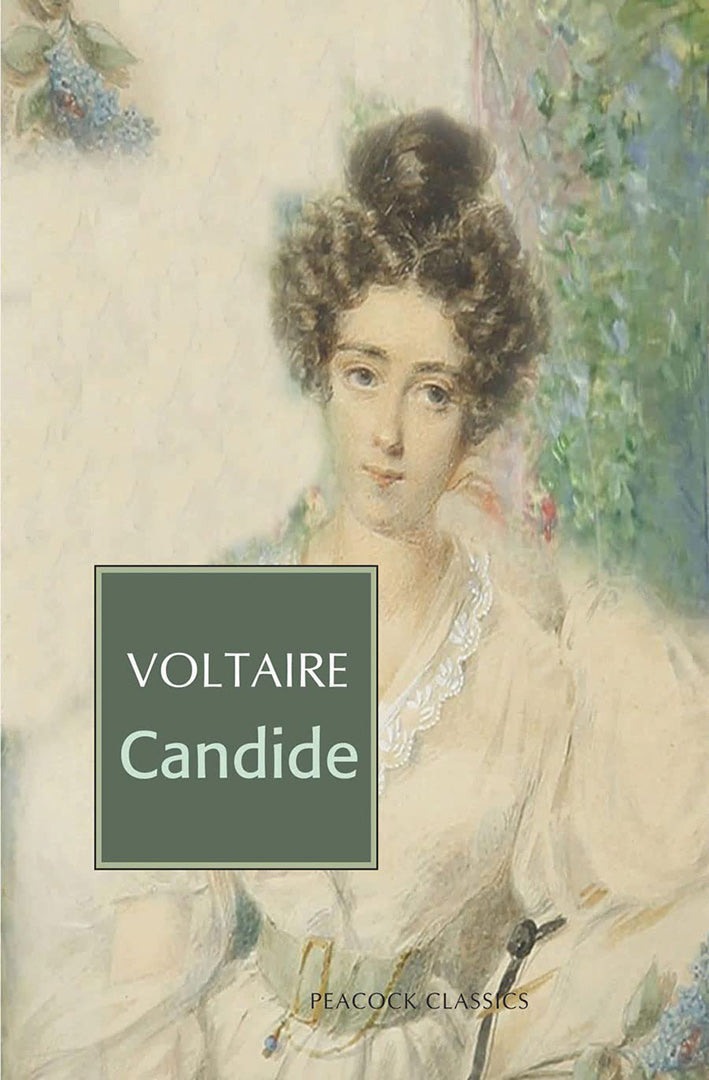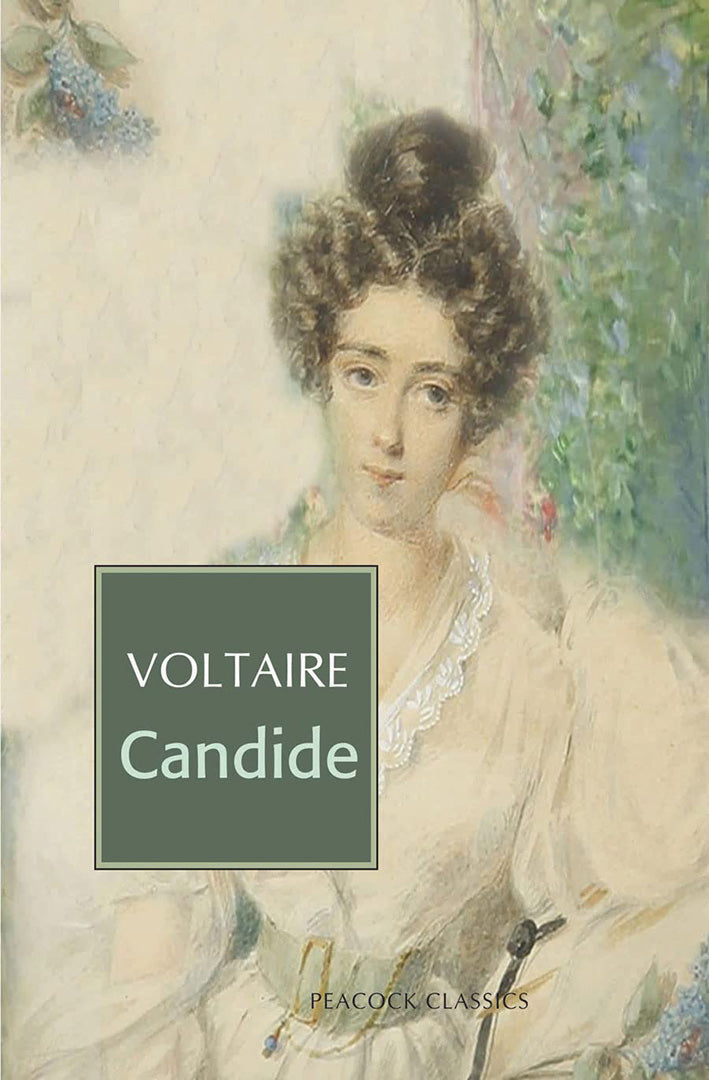Candide
Candide
Voltaire
Couldn't load pickup availability
Share

More Information
- ISBN13:
- Publisher: Atlantic Publishers and Distributors (P) Ltd
- Publisher Imprint: Peacock Books
- Publication Date:
- Pages: 140
- Binding:
- Item Weight:
- Original Price:
About The Book
Candide, a privileged and sheltered young man, is under the folly of optimism and believes he lives in the ‘best of all possible worlds’ as his mentor, Pangloss, espoused the worldly goodness of German Philosopher Gottfried Wilhelm Leibniz. But fate unravels for Candide as he falls in love with the baron’s daughter Cunegonde, and the reality of lopsided optimism unfolds. The novel records and refers to real-world atrocities of the Lisbon earthquake of 1755 and the horrific Seven Years’ War in the German state. Appalled by the injustice and the disaster of these events, Voltaire questioned social optimism through the book. Result of the unflinching conflicts and an enthralling yet politically awakening storyline is one of the glories of eighteenth-century England.
Magnum opus of the greatest artist of the Enlightenment era, Candide: translated from its French original The Optimist, exudes the timeliness of political satire, which is Voltaire’s forte. He is remembered for his quality of exposing the problem of evil in society through wit and satire.
About The Author
Francois-Marie Arouet, better known by his nom de plume Voltaire (1694–1778), was a French writer, historian, poet, and philosopher. The era of Enlightenment is synonymously known by the age of Voltaire; such was his influence. He was born in Paris into a wealthy bourgeois family. His journey of reading started with prose, such as Addison’s Spectator and Jonathan Swift’s Gulliver’s Travels. In the 1730s, he illuminated the thought of Newton and Locke to France. His ‘common sense’ crusade against superstition and prejudice and in favour of religious toleration was his single greatest contribution to the progress of Enlightenment. Voltaire brought revolutionary changes in the French Revolution by attacking the Catholic church and demanding freedom of religion. He abided by the philosophy of reason, where reason ruled over any authority or power. ‘Rousseau writes for writing’s sake’, Voltaire declared in a letter of 1767, ‘I write to act’. His expression of dissent resulted in the banning of his works as well. Candide by Voltaire exposes the problem of evil in society through wit and satire in his work. Another influential work by Voltaire is the fictitious Lettres Philosophiques, published in 1734. His works deeply influence the progressive global ideal.
He died in 1778, aged 83, in Paris, France.

